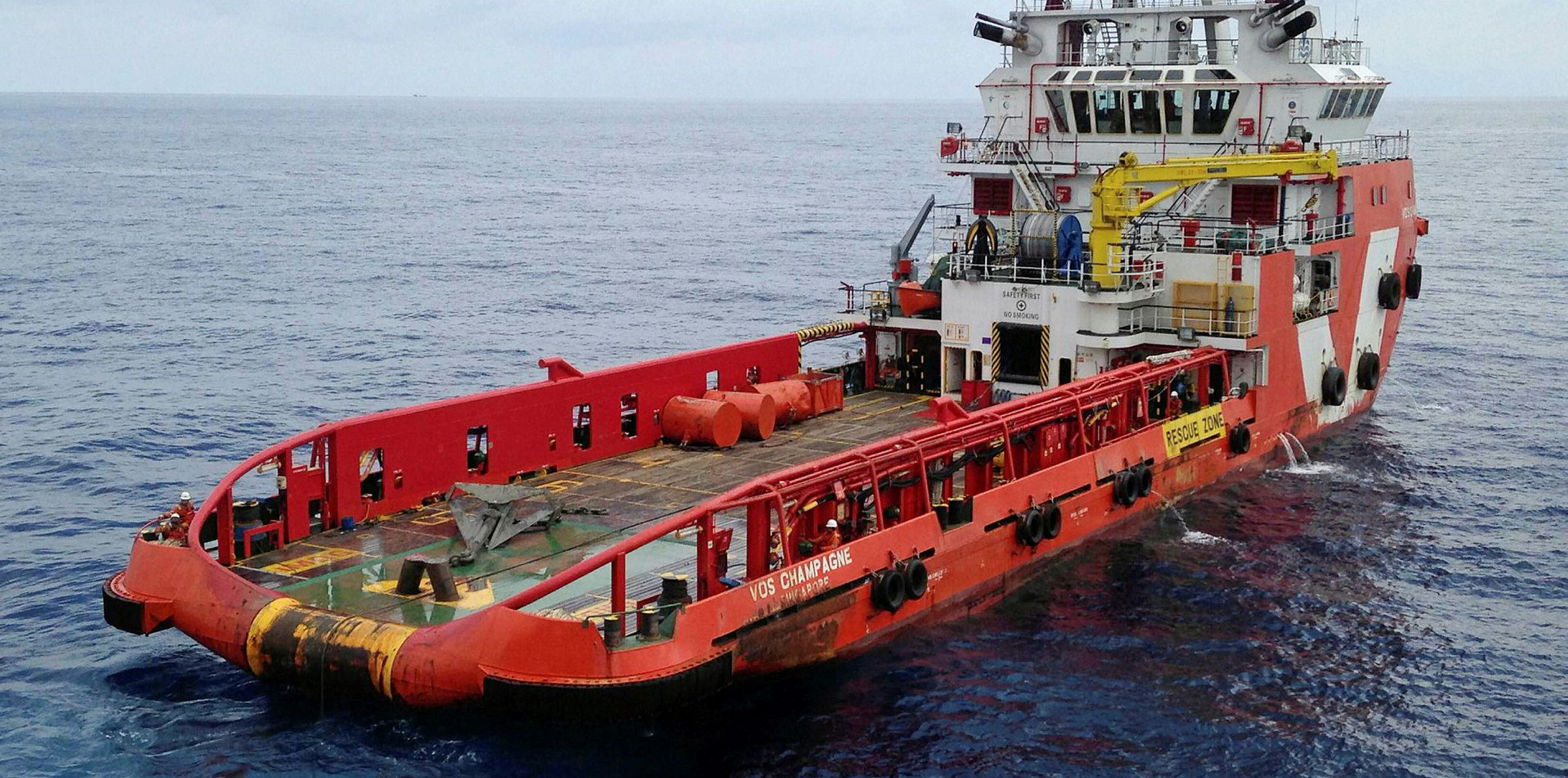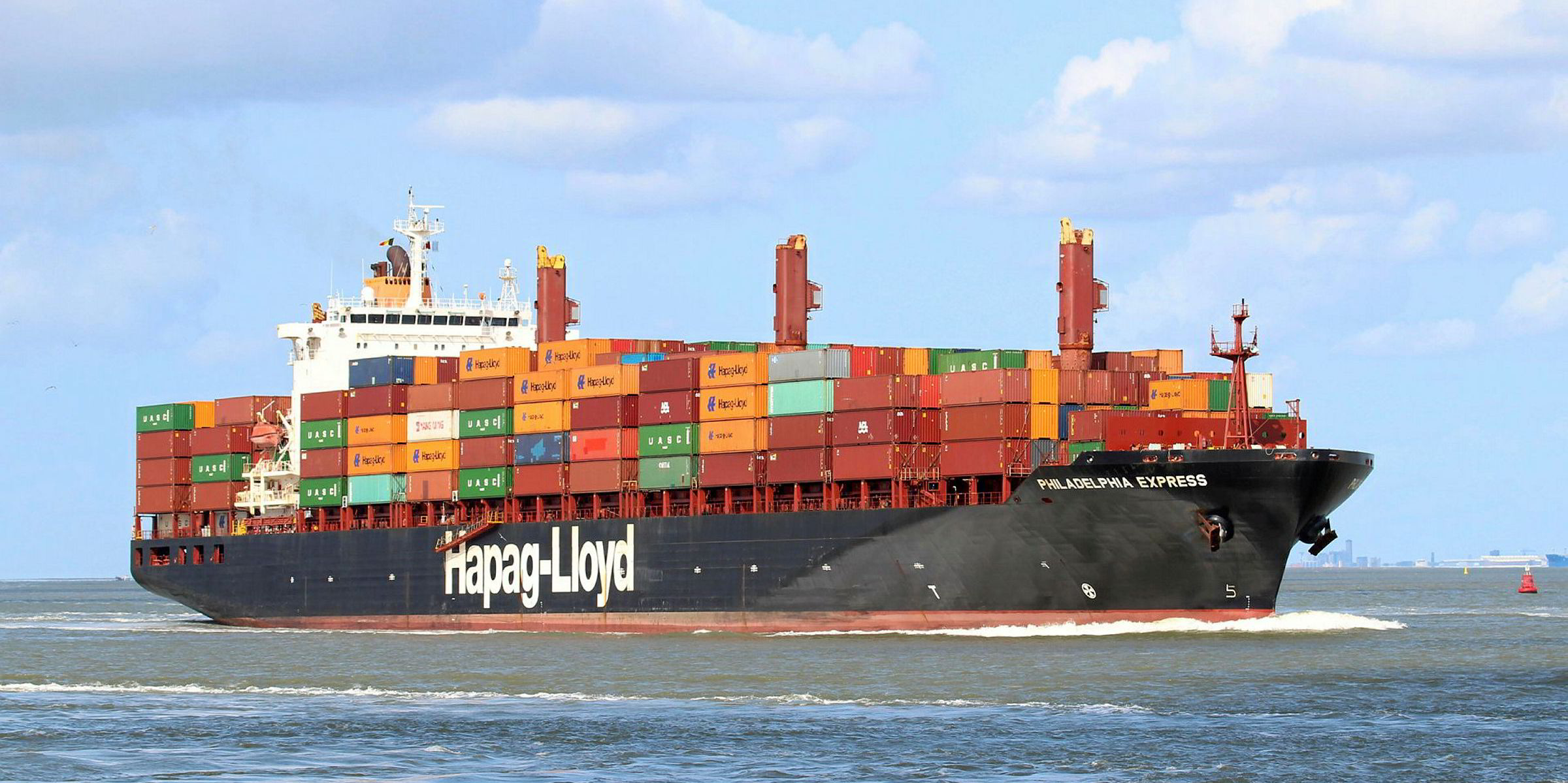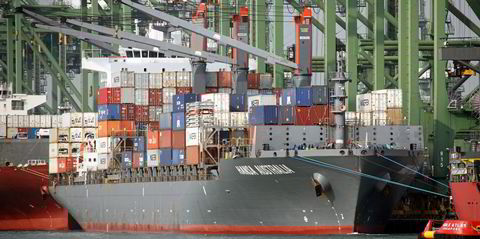Insurers and the Global Maritime Forum (GMF) are warning that the shipping industry is not prepared for the next pandemic, despite being in the throes of the current Covid-19 outbreak.
The wake-up call is being issued as sustainable shipping advocacy body GMF, risk adviser Marsh and the International Union of Marine Insurance (IUMI) published their latest Global Maritime Issues Monitor, detailing the concerns of top decision makers in the sector.
A global economic crisis tops the list of worries, while climate and environmental issues stay high on the agenda.
The report for 2020 is the first in which pandemics are listed as an issue in the annual ranking.
"Immediately, it receives the lowest preparedness score of the 19 global issues included in the survey of senior leaders from six continents," the organisations said.
The Covid-19 pandemic has revealed a number of weaknesses in the maritime value chain, including the inability to protect seafarers’ well-being, they added.
Marcus Baker, global specialty head of marine and cargo at Marsh JLT Specialty, said: "It will be critical for the industry to consider health impacts as it evaluates its response to Covid-19, particularly issues of physical and mental well-being for seafarers.
Workforce issues
"There is a range of workforce issues for the industry to tackle in developing resilience against the next pandemic, including seafarers being unable to join their families."
A big red flag in the report relates to the perceived likelihood of future pandemics.
Although respondents rank a new pandemic as likely to occur, they place it 10th in likelihood compared to other issues.
But this mid-point ranking still constitutes a warning and organisations cannot afford to ease up on overall pandemic resilience efforts, the three groups said.
The current outbreak increases the likelihood of a global economic crisis, 93% of respondents believe.
This issue jumps from 10 to two in the likelihood rankings this time, behind only environmental regulation.
"A global economic crisis has moved from ‘likely’ in our survey to a harsh reality and, for the third year in a row, it is the issue that respondents believe can have the greatest impact on the maritime industry in the next 10 years," Baker said.
Do not forget decarbonisation
But climate and environmental issues cannot be put to one side during the pandemic, the report shows.
Issues such as the decarbonisation of shipping and new environmental regulations have increased in rankings of impact, likelihood and preparedness.
Shipping leaders perceive new environmental regulation as the most likely issue to occur in the upcoming 10 years.
"The coronavirus pandemic is rightfully given high priority, but the industry cannot afford to lose track of the long-term threats posed by climate change. It is crucial that we stay alert," GMF chairman Peter Stokes said.
Stokes added he was encouraged that the disease may prove a catalyst for the decarbonisation of shipping as governments plan stimulus packages to restart their economies.
Radical shift needed
"Shipping needs to make a radical shift to zero-carbon energy sources to meet decarbonisation targets," Stokes said. "This transition represents a large-scale systemic challenge. At the same time, it represents a trillion-dollar market opportunity for suppliers of zero-emission fuels."
But 57% of survey respondents say Covid-19 will make no change to shipping's green drive, while digitalisation is also an issue that has been proved by Covid-19 to be a shortcoming in the maritime industry, the report claims.
Respondents said the industry is unprepared for issues such as autonomous technology, cyber-attacks and data theft, and big data and artificial intelligence (AI), as evidenced by serious cyber raids on companies such as AP Moller-Maersk, CMA CGM and Mediterranean Shipping Co in recent years.
"We need updated digital technologies in order to improve transparency, traceability and resilience in supply chains," IUMI president Richard Turner said. "Those who already had that in place before the coronavirus pandemic operated more smoothly in the course of it."
A total of 35% of those questioned said the pandemic has made the development of big data, AI, and autonomous technology more likely.
"Covid-19 is likely to accelerate digitalisation," Turner said.








